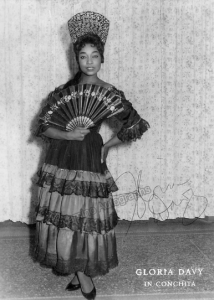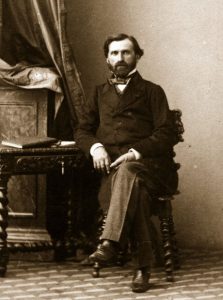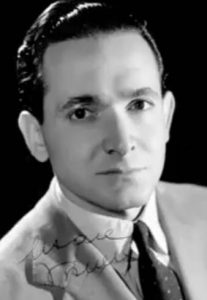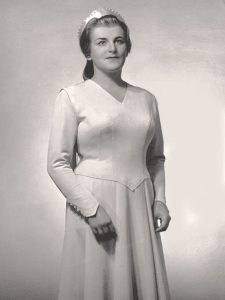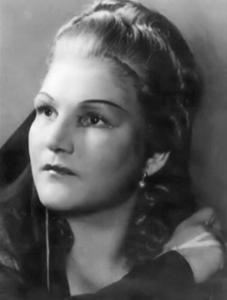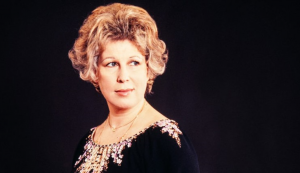Podcast: Play in new window | Download (Duration: 1:47:40 — 124.7MB) | Embed
Subscribe: Spotify | TuneIn | RSS | More
Even after I publish a Countermelody episode on a favorite singer, I continue to collect material on them, which I then occasionally fold into a potpourri episode of vocal and musical delights. I have dubbed such episodes part of my “Rescue Mission” series and I’m tempted to call today’s episode I’m tempted to call “Friend Edition” (even though there are several good friends I’ve made in recent years who are not represented today). Be that as it may, I do love putting out such episodes, especially as it gives new listeners some idea of the range and depth of the podcast, and the joys of dipping into Countermelody’s back catalogue. For today’s episode I spread the net particularly wide, and in some cases went way back into my archives so present you with some rarities which I have programmed in such a way to take us from the despair and confusion that many of us are feeling right now into a place of both resolution and resolve to keep holding on and fighting for what is right. Today’s setlist includes many Countermelody favorites: tenors George Shirley, Peter Pears, and Jerry Hadley; baritones William Parker and Jorma Hynninen, mezzo-soprano Maureen Lehane; and sopranos Eleanor Steber, Carol Neblett, Sarah Reese, Anne Wiggins Brown, Veronica Tyler, Annabelle Bernard, Denise Duval, Lois Marshall, Gloria Davy, and April Cantelo; with appearances by other great singers who have not yet been featured in full episodes, including Franco Corelli, Sandra Warfield, Helen Watts, Émile Belcourt, Valerie Masterson, and, in memoriam, Béatrice Uria-Monzon. We hear music from César Franck, Ottorino Respighi, Johann Sebastian Bach, Giacomo Puccini, Pyotr Il’yich Tchaikovsky, Franz Schubert, George Gershwin, Gioachino Rossini, Leonard Bernstein, Coleridge-Taylor Perkinson, Emmanuel Bondeville, and Giacomo Meyerbeer. As always, queer artists and artists of color are prominently featured, as one of my objectives in producing this podcast is to foreground such historical artists as essential to our growth and self-awareness. If you’re just getting to know the podcast, this is as good a place to start as anywhere!
Countermelody is a podcast devoted to the glory and the power of the human voice raised in song. Singer and vocal aficionado Daniel Gundlach explores great singers of the past and present focusing in particular on those who are less well-remembered today than they should be. Daniel’s lifetime in music as a professional countertenor, pianist, vocal coach, voice teacher, and journalist yields an exciting array of anecdotes, impressions, and “inside stories.” At Countermelody’s core is the celebration of great singers of all stripes, their instruments, and the connection they make to the words they sing. By clicking on the following link (https://linktr.ee/CountermelodyPodcast) you can find the dedicated Countermelody website which contains additional content including artist photos and episode setlists. The link will also take you to Countermelody’s Patreon page, where you can pledge your monthly or yearly support at whatever level you can afford.

